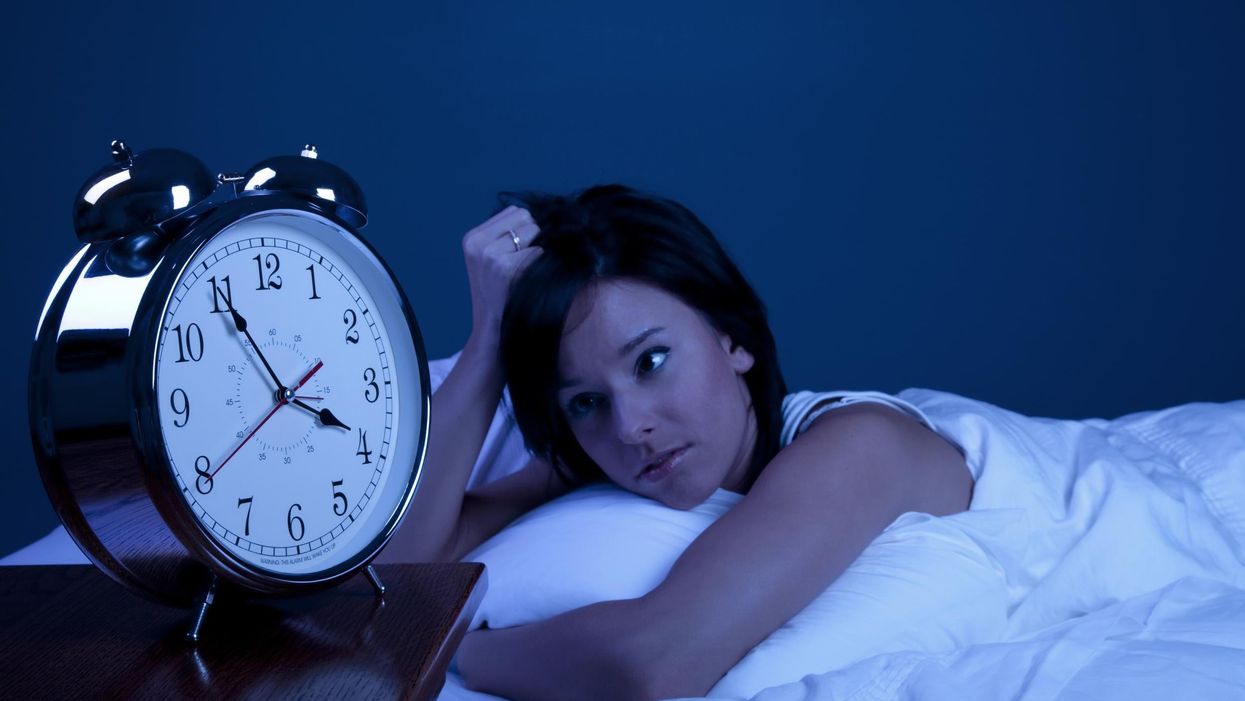News
Harriet Marsden
Apr 10, 2017

Picture:
istock / jhorrocks
Do you often stay up late watching Netflix, plumbing the depths of Wikipedia, faffing around with your phone...?
You might not be a time-wasting fool who will regret it in the morning.
It's estimated that as many as one in 75 people suffer from Delayed Sleep Phase Disorder (DSPD), or the inability to fall asleep early.
According to new research from Rockefeller University, New York, the tendency to staying up late, or the 'night owl' gene variant, has been identified.
And it could be a genetic mutation.
The 'sleep gene', or CRY1, which controls our circadian clocks, was found to be different in those night owls.
During the study, participants were placed in a 'research apartment' for two weeks, without any indications of time, and were observed.
While most maintained a regular cycle of sleeping and eating, one stayed up far later than everyone else.
According to Michael W. Young, senior author and head of Rockefeller's Laboratory of Genetics:
Melatonin levels start to rise around 9 or 10 at night in most people.
In this DSPD patient, that doesn't happen until 2 or 3 in the morning.
The team found a mutation in the person's CRY1 gene, which was also present in the patient's entire family.
The mutation is dominant, which means that having just one copy of it can cause a sleep disorder.
Top 100
The Conversation (0)













